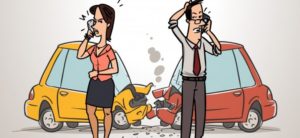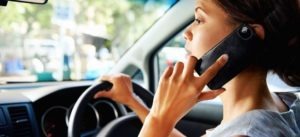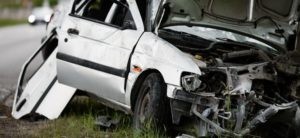The Hidden Dangers of Multi-Car Pileups: Who’s Really Liable?
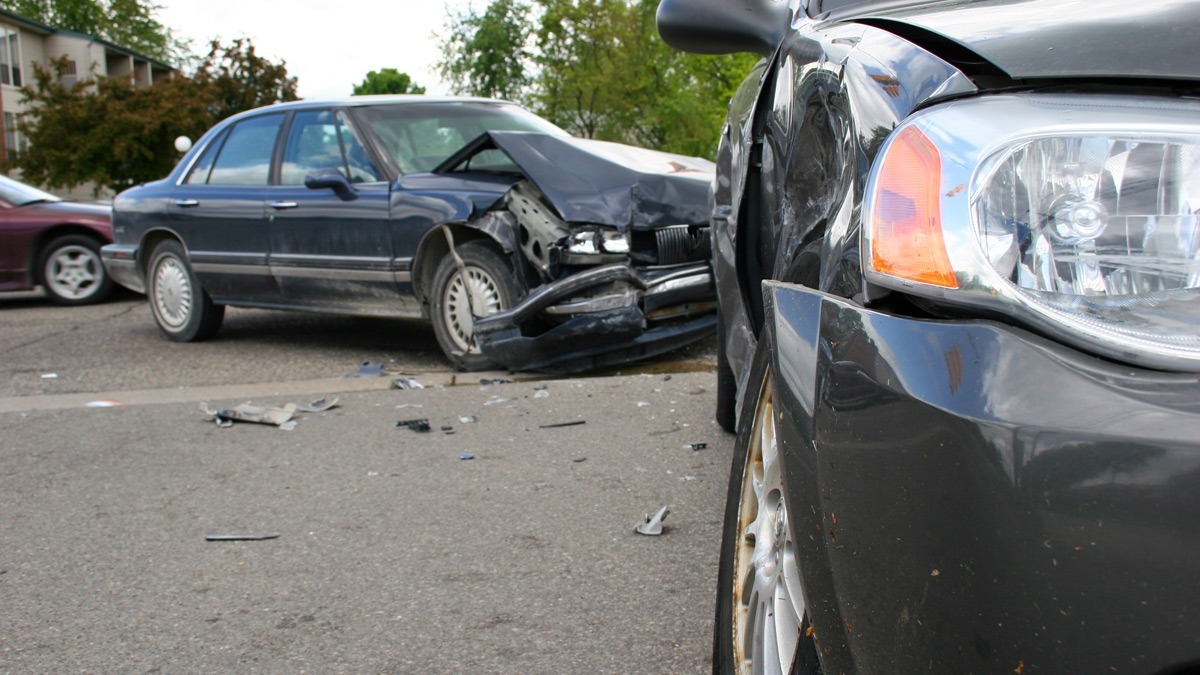
If you or a loved one has been injured in a multi-car accident in Nevada, you may already know how confusing and overwhelming these situations can become. Unlike a simple two-vehicle crash, pileups often involve layers of complexity, competing insurance claims, and conflicting stories about who was responsible. The chain reaction can begin with a single mistake, but the legal and financial consequences can spread rapidly across every person involved.
Multi-vehicle collisions are some of the most devastating types of car accidents seen on Nevada highways. These crashes frequently occur at high speeds and can involve dozens of vehicles. Determining fault in these situations is challenging, especially when several drivers may have acted negligently or contributed to the overall severity of the accident.
If you are dealing with injuries, missed work, medical bills, or damage to your vehicle after a pileup, it is crucial to understand how Nevada law addresses liability and compensation in these complex cases.
Why Are Multi-Car Pileups So Common in Nevada?
Nevada’s road conditions, geography, and climate all contribute to the risk of multi-car crashes. High-speed corridors often serve as the sites of major collisions involving several vehicles. In southern Nevada especially, sudden dust storms, reduced visibility, or distracted driving can spark a series of rear-end crashes in a matter of seconds.
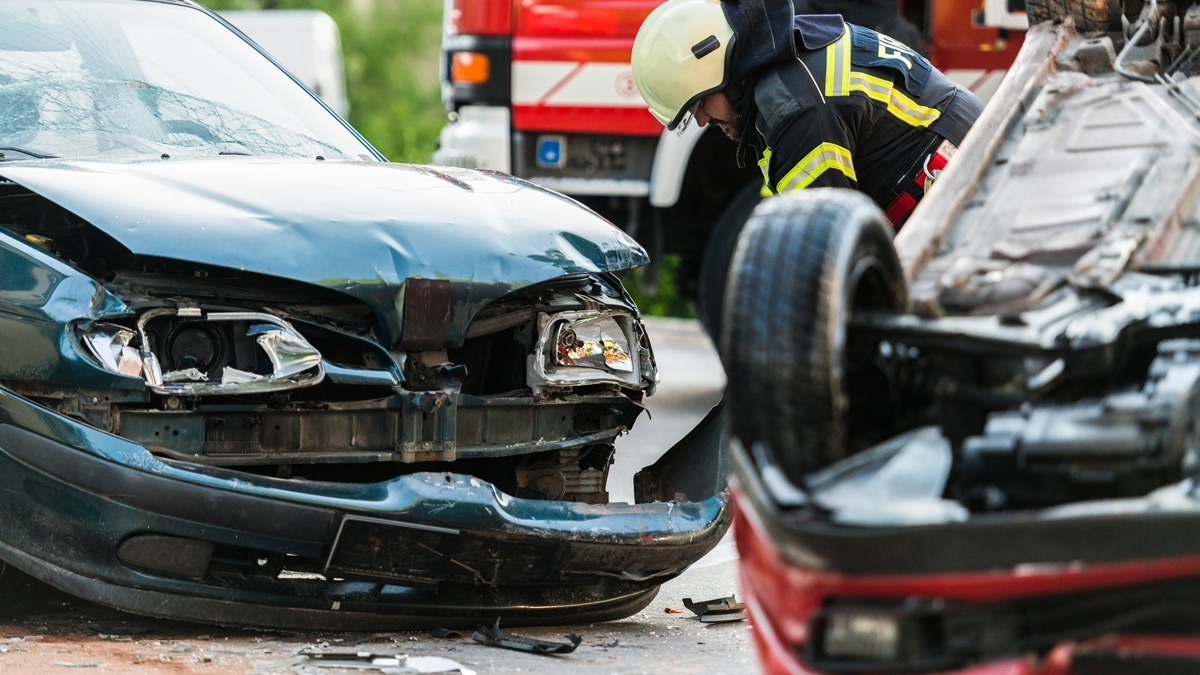
Factors that make pileups more likely in Nevada include:
- High-speed freeways with limited stopping distance
- Sudden weather events, including dust storms, heavy rain, or ice in northern areas
- Tourist traffic, particularly in Las Vegas where unfamiliar drivers may react unpredictably
- Commercial truck routes, especially along major logistic corridors
These conditions, when combined with driver inattention or tailgating, can create a perfect storm for chain-reaction collisions.
For a free legal consultation, call (725) 900-9000
What Makes Pileups So Dangerous?
In a multi-car pileup, vehicles can be struck from multiple directions. A driver might be rear-ended, then pushed into the vehicle in front of them. Others may be impacted from the side or pinned between larger vehicles.
Common dangers include:
- Crushing injuries from vehicle compression
- Multiple impacts, increasing injury severity
- Vehicle fires or hazardous spills from ruptured fuel lines or commercial cargo
- Limited access for emergency responders, especially on congested highways
According to the Nevada Department of Public Safety’s Office of Traffic Safety, multi-vehicle crashes contribute significantly to highway fatalities in the state. A particularly deadly example occurred in January 2022 when nine people were killed in a high-speed pileup near North Las Vegas. Investigators later determined that excessive speed and reckless behavior by one driver initiated the chain of events.
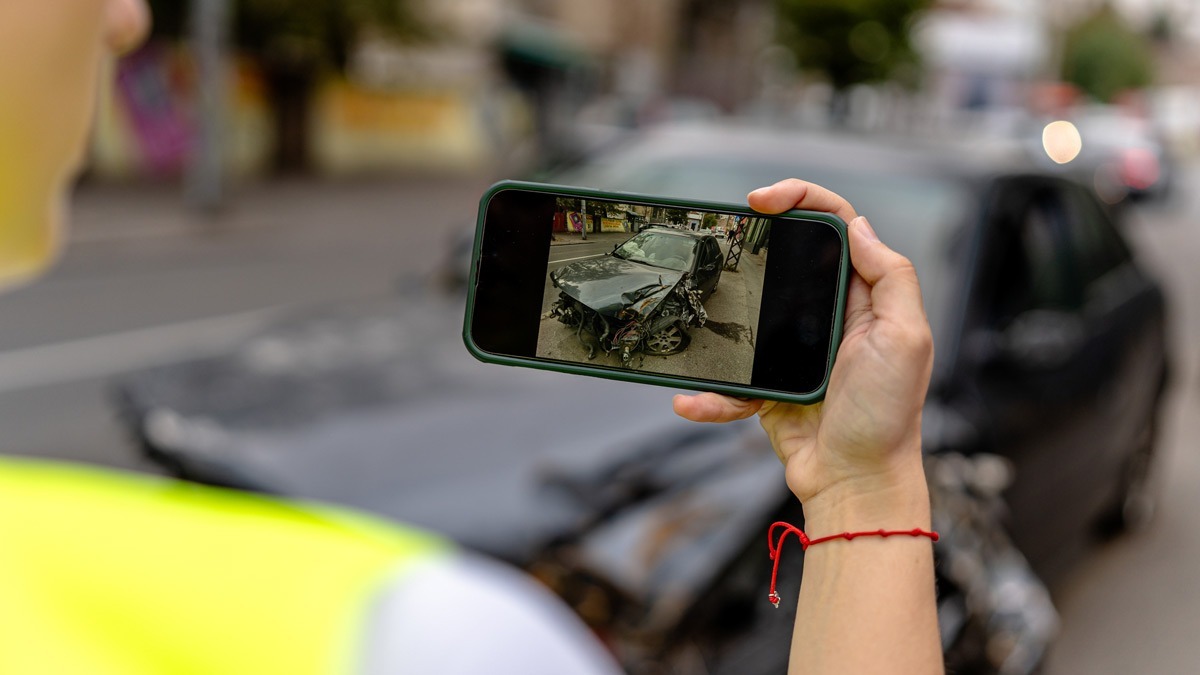
How Is Fault Determined in a Nevada Multi-Car Accident?
Nevada follows a modified comparative negligence rule. This means that you can recover damages from other parties involved as long as you are less than 50 percent responsible for the accident. However, your compensation will be reduced by your percentage of fault.
For example, if you are awarded $100,000 but are found to be 20 percent responsible, your final recovery would be $80,000.
In multi-car pileups, determining each driver’s percentage of fault is not always straightforward. Law enforcement, insurance companies, and legal teams must carefully examine evidence such as:
- Traffic camera footage
- Dash cam recordings
- Witness statements
- Skid marks and vehicle positioning
- Police reports and accident diagrams
- Electronic data recorders (black boxes)
Experienced accident reconstruction experts may also be brought in to piece together the chain of collisions.
Click to contact our personal injury lawyers today
Who Might Be Liable?
There is a common assumption that the last driver in a pileup is the one at fault, but this is not always true. In many cases, multiple drivers share responsibility.
Potentially liable parties may include:
- The driver who caused the initial impact
- Drivers who were following too closely
- Distracted or impaired drivers
- Commercial vehicle operators or their employers
- Vehicle owners who failed to maintain brakes or tires properly
- Government entities, if poor road conditions or missing signage contributed to the crash
In pileups involving tractor-trailers or delivery trucks, liability may extend to the trucking company, cargo loader, or maintenance provider. Federal trucking regulations are also considered when evaluating fault in these cases.
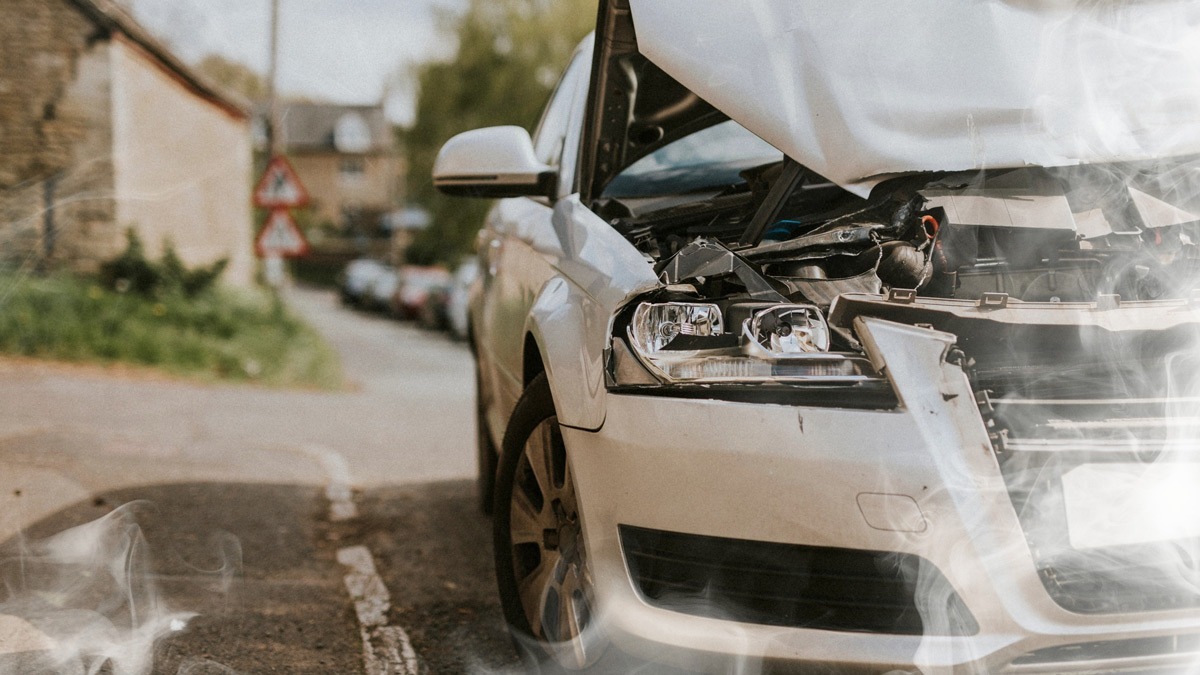
Complete a Free Case Evaluation form now
Common Injuries in Multi-Car Pileups
Pileups can result in life-altering injuries due to the force and number of collisions. Victims often suffer from:
- Whiplash and spinal injuries
- Traumatic brain injuries (TBIs)
- Broken bones and crush injuries
- Internal bleeding or organ damage
- Burns or smoke inhalation from vehicle fires
- Psychological trauma, including PTSD
These injuries may not always be apparent immediately after the crash, which is why it is essential to seek medical attention and follow up with your healthcare provider even if symptoms seem minor at first.
What if One of the Drivers Was Uninsured or Underinsured?
Nevada law requires drivers to carry a minimum of:
- $25,000 for bodily injury or death per person
- $50,000 for bodily injury or death per accident
- $20,000 for property damage
However, many pileups involve damages that exceed these minimums. If one or more at-fault drivers are underinsured or have no insurance at all, your own uninsured/underinsured motorist coverage (UM/UIM) may help cover medical bills and other losses.
What You Should Do After a Multi-Car Accident in Nevada
In the aftermath of a pileup, your actions can significantly impact your ability to recover compensation. Here are steps to take immediately:
- Check for injuries and call 911. Always prioritize your safety and that of others.
- Exchange information. Get contact and insurance details from all involved drivers.
- Document the scene. Take photos of vehicle damage, license plates, injuries, road conditions, and traffic signs.
- Get medical attention. Even if injuries seem minor, documentation is essential.
- Do not admit fault. Avoid making statements to insurance companies without legal advice.
- Speak with a personal injury attorney. A lawyer can protect your rights and guide you through the process.
Can You File a Lawsuit After a Pileup?
Yes. If you were injured due to someone else’s negligence in a multi-car accident, you may be eligible to file a personal injury claim. Compensation may include:
- Medical expenses (current and future)
- Lost wages and reduced earning capacity
- Pain and suffering
- Emotional distress
- Vehicle repair or replacement costs
- Wrongful death damages, if a loved one was killed in the crash
In some cases, especially when corporate or government entities are involved, litigation may be the only path to recovering full compensation. Your attorney can help you determine the best legal strategy based on the facts of your case.
Why You Need an Attorney for a Nevada Pileup Case
Multi-car accidents present unique legal and evidentiary challenges. Insurance companies often try to shift blame, delay claims, or offer low settlements that do not reflect the true extent of your losses. Without strong legal representation, your rights may be compromised.
At Van Law Firm, we understand how to investigate complex accidents, work with reconstruction experts, and pursue claims against multiple liable parties. Our attorneys are experienced in Nevada personal injury law and are prepared to advocate aggressively for your recovery.
We work on a contingency fee basis. This means you do not pay legal fees unless we win your case.
Contact Van Law Firm Today
If you or a loved one was injured in a multi-car pileup in Nevada, do not wait to get the help you need. Evidence disappears quickly, and insurance deadlines can pass before you fully understand your rights.
Call (725) 900-9000 Call Recording Disclaimer today for a free, no-obligation consultation. Our experienced team is here to guide you every step of the way.
No obligation consultations are always free.
Let Us Help You! Call Now: (725) 900-9000